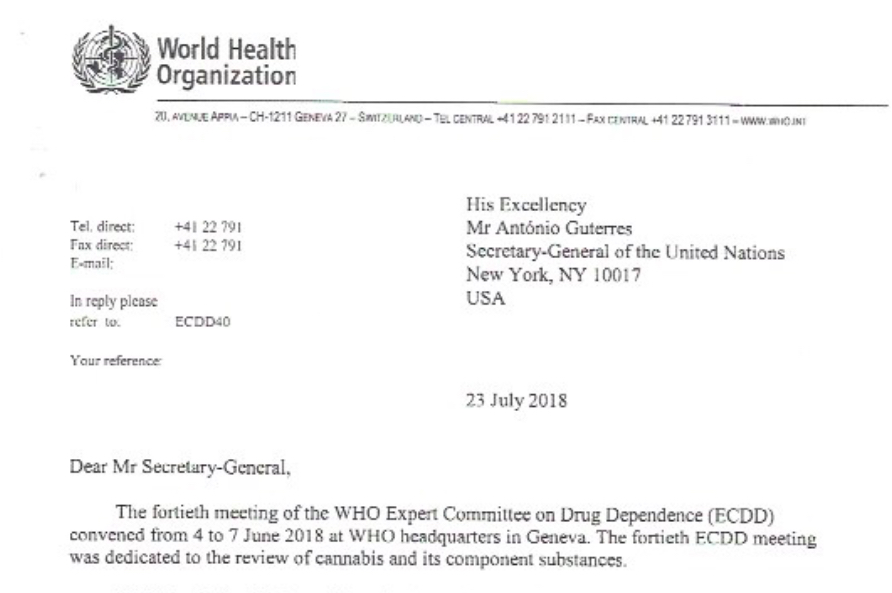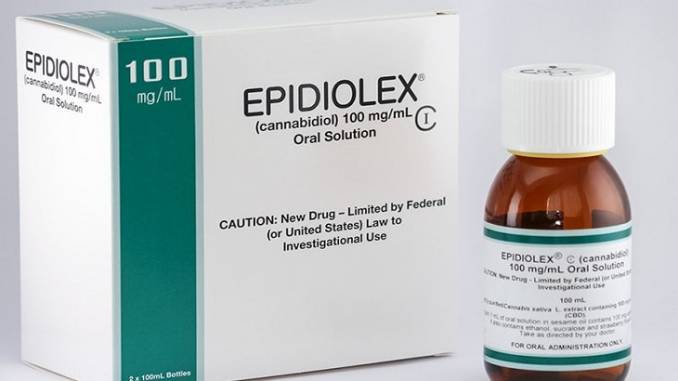On December 28, 2018, Canopy made the unsurprising announcement that it would begin exporting medical cannabis to the UK. The move comes shortly after the formation of Beckley Canopy, the research effort founded in partnership with the Beckley Foundation and Amanda Fielding, the woman who has continued to pioneer the field of cannabinoid research, and the announcement that Canopy will jumpstart medical trials here.
The two events are also connected, as the company will most likely start its export direct to the trials now planned and in general for research purposes as well as pharmacies, based on doctor’s orders.
Impact On The UK Market
Canopy of course, is now in a race with several other Canadian firms to establish market presence both on the trial and patient front. Tilray, Namaste and Wayland Group have all lined up to enter the market, if not having secured first patient orders. That said, entry will be slow for all, namely because of import regulations that may well still go off the cliff because of Brexit.
Intriguingly, however, the Canadians are not the only ones now in the ring. And the “Irish Question” is becoming even more of a potential source of cannabis. That became obvious in the aftermath of an announcement for additional funding and a 25% equity stake in Dublin-based Greenlight Medicines by SOL Global, a Canadian-listed company. Greenlight has already established an extensive network of not only researchers but has a reach at this point to over 1,000 pharmacies across the UK and Ireland.
Bottom line? Look for discussions on access to be fundamentally caught up in the impending, larger political discussions that are still deadlocked, with no certainty in site.And while so far at least, Scotland has remained quiet on the discussion, along with Wales and Cornwall, these are also places domestically in the UK where there could be new cultivation operations coming shortly.
Why? Wales is the “duchy” of none other than the Prince of Wales, Charles, the man who will be the next king of England. For most of his life, he has been pilloried for his ideas about alternative healthcare and organic farming. However, he also owns vast lands in Wales that support him, supported by rents, that are likely, in the near future, to switch to cannabis farming. Whatever reluctance he might have had to take the plunge, this is likely to change course with the next generation when he becomes king. Oversight of the management of all of this bounty will switch to his son, William. And this is a no-brainer, beyond of course, the fact that his sister-in-law, the Duchess of Sussex (Meghan Markle) already has a cannabis brand named after her.
Apart from this political and Royal twist, look for cannabis farming to occur in places like Cornwall, which has temperate weather brought by the Gulf Stream, a tourist economy and a desperate need, like many parts of the UK, for urban renewal. A high tech, high worth agricultural injection, in other words, is just what these parts of the country need.
Scotland, still, is an unanswered question mark, but it is unlikely that much growing will occur in the northern climes. That said, with cannabis production (of all sorts) beginning to wake up, there is no reason that the processing question will escape this part of the British Isles.That also means that calls for domestic cannabis to be grown in the UK itself could become much louder.
What Impact Will Brexit Really Have On Cannabis?
There is no way to really understand this question until the dust settles with negotiations that now have the potential to disrupt all trade between the UK and the rest of the world, including the Republic of Ireland. Ports and transportation through them are facing major disruption. Preparations for an off the cliff exit far beyond cannabis, have also been repeatedly criticized as being far too little, too late.
Bottom line? Look for discussions on access to be fundamentally caught up in the impending, larger political discussions that are still deadlocked, with no certainty in site.
That also means that calls for domestic cannabis to be grown in the UK itself could become much louder. Along with an impetus for greater reform.
Regardless, this drug, so often just below the surface of international affairs for so long, is clearly going to be in the room in larger political discussions now unfolding in the UK.
Impact On National Healthcare
British people, since the end of WWII, have had access to free healthcare thanks to the NHS. That said, after a decade of austerity, the system is now facing crisis unseen since the war. There are 100,000 doctor vacancies at the so-called “Trusts” across the UK which manage regional healthcare. Waiting times even for lifesaving operations are at an all-time high. And approvals for drugs, especially like cannabis, which fall into the territory of “special approval” across Europe are also caught in the mix.
 As in other countries, in other words, while the news of exports beginning to enter the market is good for patients and the industry beyond that, it is just a start to a longer battle that is still playing out across Europe.
As in other countries, in other words, while the news of exports beginning to enter the market is good for patients and the industry beyond that, it is just a start to a longer battle that is still playing out across Europe.
That said, there is another issue in the room that is also absolutely on the table and will be part of the medical cannabis conversation going forward. Digital healthcare–and of all kinds–is being touted as the solution to doctor and service shortages. Look for innovative cannatech solutions in particular that target this market in particular, in the near future.
In the meantime, the green trickle has begun. That said, given all that is at stake and on the table, there are many questions in the room about when the flood will actually take off.
































